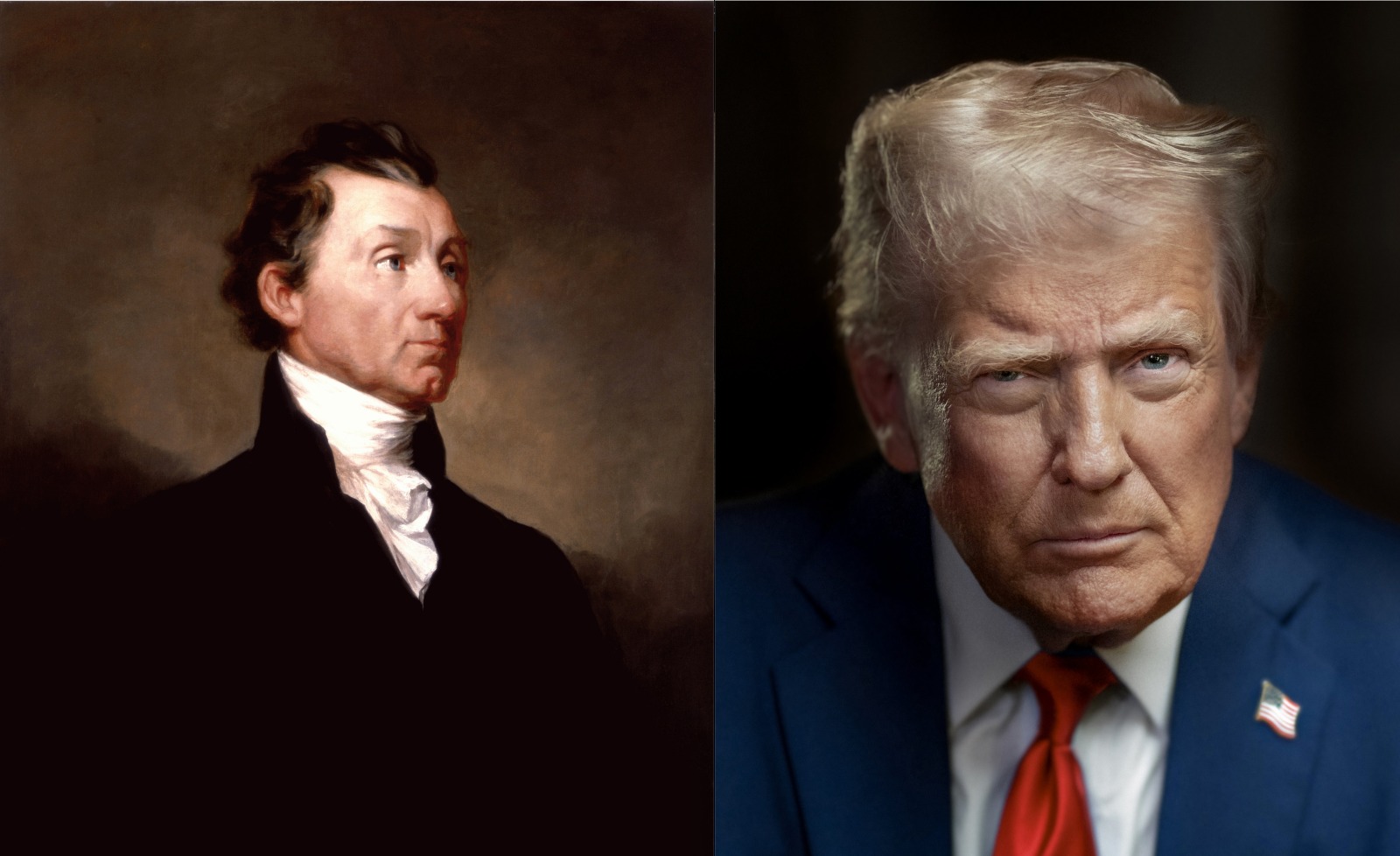The Franco-British industrial relationship has seen a number of genuine successes, particularly in the field of missiles with MBDA, but also some bitter failures despite all political promises. Moreover, Brexit may well lead to longer-term, significant and highly undesirable consequences. It would be to the interest of the FCAS and Tempest projects to find some convergence even if they cannot actually merge.
The Franco-British Industrial Relationship at Brexit
Four years ago, following the referendum that decided the United Kingdom’s future with respect to the European Union, I wrote that the Franco-British relationship would be little affected by Brexit.(1) Four years later, I have to admit that I am less optimistic. And yet a bilateral relationship with the British in the defence industry is desirable for three reasons.
First of all, the level of development of our defence industrial and technological bases is identical, both in the technologies we have mastered and in our industrial expertise in the true sense of the term. This is a favourable situation for cooperation on armament.
Second, even though there exist nuances of difference between the two countries, the processes for directing armament programmes, definition of need and specification up to manufacture of the product by way of the different phases of development are quite similar in both countries. All of which facilitates cooperation once it is agreed upon. The structures of the ministries of defence is also similar and sufficiently compatible for facilitating dialogue on armaments programmes, which is far less the case with Germany, for example.
Il reste 92 % de l'article à lire






